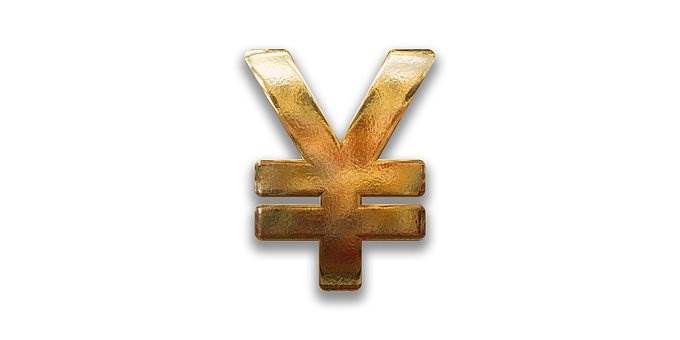 The Japanese yen held strong on Wednesday morning after an inversion in the U.S. yield curve sparked recession fears once again, sending traders flocking to the safe-haven currency. The yen was trading at 105.85 to the dollar as of 1:56 p.m. HK/SIN, down slightly from Tuesday’s session where it gained significantly, but still remaining near Tuesday’s peaks.
The Japanese yen held strong on Wednesday morning after an inversion in the U.S. yield curve sparked recession fears once again, sending traders flocking to the safe-haven currency. The yen was trading at 105.85 to the dollar as of 1:56 p.m. HK/SIN, down slightly from Tuesday’s session where it gained significantly, but still remaining near Tuesday’s peaks.
The U.S dollar was under pressure against most of its other trading partners as well, though it managed to eke out some gains in the early afternoon in Asia. The greenback was up against the British pound, trading at $1.2278, a 0.07 percent slide for the sterling. The euro eased 0.04 percent against the dollar to $1.1086.
Overnight the U.S. yield curve inverted yet again, with the 10-year U.S. Treasury yield standing at 1.484 percent, approximately 4 basis points below the 2-year yield. This created the widest gap between the yields since 2007. Though some traders have said that these inversions shouldn’t stoke recession fears, the general understanding is that this uncommon occurrence shouldn’t be shrugged off, and that the possibility for a recession in the U.S. should be considered likely in the coming months.
Interestingly, despite concerns about a U.S. recession and lingering worries about the trade war between the U.S. and China, consumer confidence in the U.S. remains close to a 19-year high. U.S. consumer confidence declined slightly in August, to a level of 135.1, down from 135.8 in July, but still higher than the 129.5 level that Reuters analysts expected. High consumer confidence should keep consumers spending, which will ideally keep the U.S. far away from the point of entering a recession. Consumer spending makes up nearly 70 percent of U.S. economic activity. However, Lynn Franco, the Conference Board’s senior director of economist indicators, warned that consumer confidence is likely to decline further if the trade war between the U.S. and China doesn’t get resolved soon.
Traders should expect additional volatility and market movements based upon the evolution of the trade negotiations between the U.S. and China, as well as a response to the U.S. yield curve fluctuations.
